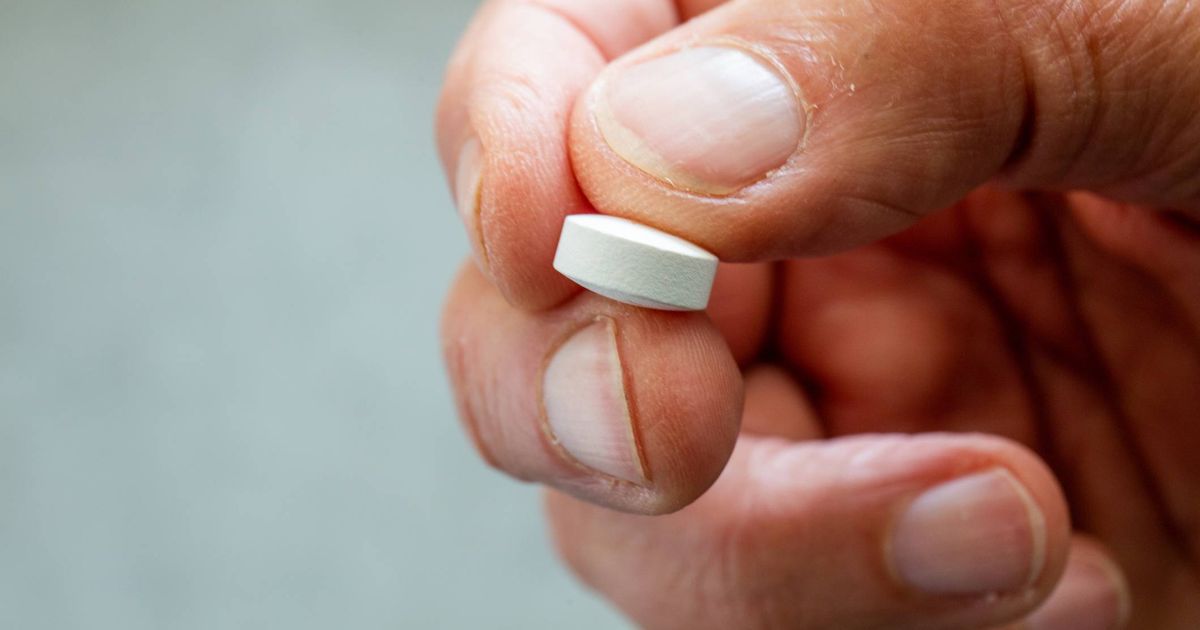Statins are the most commonly prescribed medication in the UK
Charlotte Smith Senior Lifestyle Content Editor
12:50, 16 Sep 2025
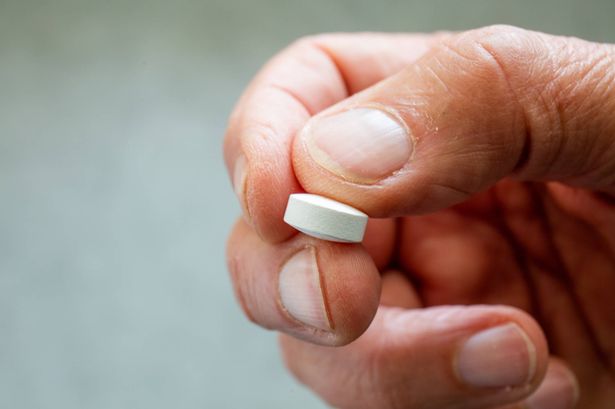 Cardiovascular disease (CVD) is a very common cause of death in the UK.(Image: Getty)
Cardiovascular disease (CVD) is a very common cause of death in the UK.(Image: Getty)
The NHS has issued a warning to anyone who takes statins on its website, as consuming one particular type of fruit ‘could make things worse’. Statins remain the most commonly prescribed medication in the UK, consistently holding the top spot as the most dispensed drug in England over recent years.
Roughly half of all adults in the UK are living with elevated total cholesterol, based on the latest data from NHS England Digital and the Stroke Association. Female patients typically present with higher cholesterol readings than their male counterparts, with levels generally increasing with age.
Statins may be necessary if you’re dealing with high cholesterol, since excessive amounts of “bad” LDL cholesterol can lead to fatty deposits accumulating in your arteries, causing them to become rigid and constricted. This significantly increases your risk of developing severe cardiovascular complications such as heart attacks and strokes.
Statins work by reducing LDL cholesterol and minimising the overall risk of these conditions. The NHS website provides further details.
Current estimates suggest that between eight and 10 million adults across the UK are taking statins. A 2024 report revealed that approximately five million people in England were prescribed atorvastatin alone, with countless others taking various alternative cholesterol-reducing treatments, reports the Mirror.
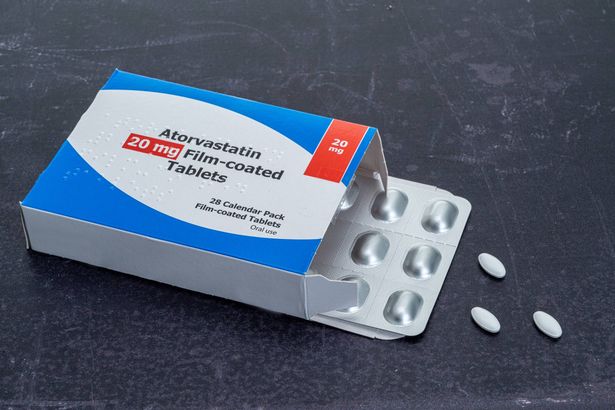 Statins may be recommended if you have cardiovascular disease
Statins may be recommended if you have cardiovascular disease
To reduce your risk of needing to be prescribed statins, prioritise a heart-healthy lifestyle by giving up smoking, maintaining a healthy weight, exercising regularly, enjoying a balanced diet full of fruits, vegetables, and whole grains, and reducing alcohol consumption. Making these lifestyle changes can help lower cholesterol levels and reduce your overall risk of heart disease.
However, these approaches might not be sufficient for everyone, particularly for those with extremely high or hereditary cholesterol. It’s essential to speak with a doctor to determine if you can improve your cholesterol levels without statins or before requiring them.
For the millions of people who take statins, there are specific guidelines to follow, including other medications to avoid and foods to avoid. According to the NHS, statins can sometimes interact with other medicines, raising the risk of serious side effects, such as muscle damage, and some types of statin can also interact with grapefruit juice.
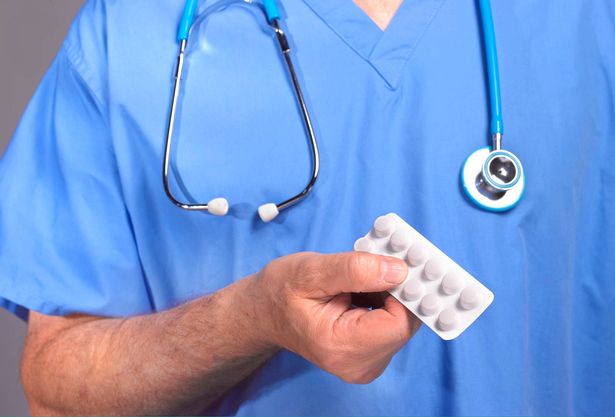 Millions of people are taking statins in the UK(Image: Getty)
Millions of people are taking statins in the UK(Image: Getty)
It’s extremely important to read the information leaflet that comes with your medicine to check for any interactions you should be aware of. If in doubt, contact a GP or pharmacist for advice. Find out more things to consider when taking statins.
A statement on the NHS website reads: “Grapefruit juice can affect some statins and increase your risk of side effects. A doctor may advise you to avoid it completely or only consume small quantities.”
Why can this be dangerous?
The reason why grapefruit should not be consumed while taking certain statins is due to its content of chemicals known as furanocoumarins, which interfere with an enzyme called CYP3A4 in the digestive system. CYP3A4 is a crucial enzyme as it metabolises over half of all prescription drugs.
This enzyme is located in the liver and small intestine and plays a key role in breaking down various medications, such as statins, antibiotics, immunosuppressants, certain sedatives, and antidepressants. Grapefruit negatively interacts with CYP3A4 and its ability to break down medication.
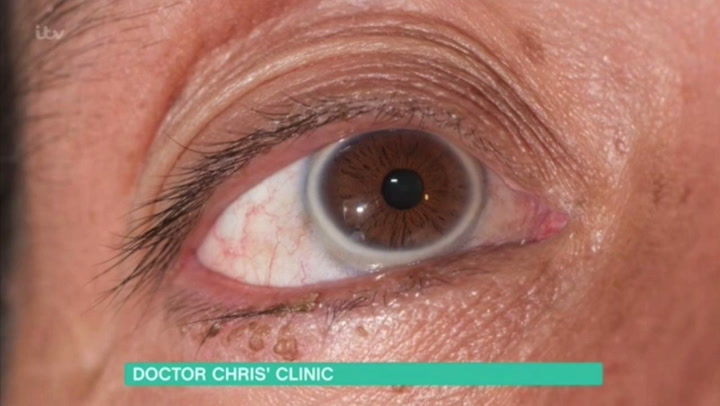 Dr Chris reveals how eyes can indicate high cholesterol levels
Dr Chris reveals how eyes can indicate high cholesterol levels
Consequently, the levels of statins in your bloodstream can increase too much, potentially leading to serious side effects. Some of the most severe side effects, although rare, include muscle pain or damage, liver damage, and other potentially serious issues like kidney damage.
This problem primarily affects statins like simvastatin and atorvastatin, but not every statin reacts with grapefruit. It’s advisable to seek personalised advice from your healthcare provider regarding your medication.
What are the most common types of statins and what do they prevent?atorvastatin (Lipitor)fluvastatin (Lescol)lovastatin (Altoprev)pitavastatin (Livalo)pravastatin (Lipostat)rosuvastatin (Crestor)simvastatin (Zocor)
These drugs work by blocking HMG-CoA reductase, a vital enzyme in cholesterol production. They are used to reduce cholesterol levels and lower the risk of heart disease.
The primary forms of cardiovascular disease (CVD) encompass coronary heart disease, angina, heart attacks, strokes, transient ischaemic attacks (TIAs) and peripheral arterial disease (PAD). According to the NHS: “Statins cannot cure these conditions, but they can help prevent them from getting worse or recurring in people who have been diagnosed with them. They can also reduce the chance of CVD developing in the first place in people at risk.”
Common side effects of statins
Side effects can vary between different statins, but common side effects include:
headachedizzinessfeeling sickfeeling unusually tired or physically weakdigestive system problems, such as constipation, diarrhoea, indigestion or fartingmuscle painsleep problemslow blood platelet countUncommon side effects of statins
Uncommon side effects of statins include:
being sickmemory problemshair losspins and needlesinflammation of the liver (hepatitis), which can cause flu-like symptomsinflammation of the pancreas (pancreatitis), which can cause stomach painskin problems, such as acne or an itchy red rashsexual problems, such as loss of libido (reduced sex drive) or erectile dysfunctionRare side effects of statins
Rare side effects of statins include:
muscle weakness (myopathy)loss of sensation or tingling in the nerve endings of the hands and feet (peripheral neuropathy)tendon problems (tendons are tough cords of tissue that connect muscles to bones)Which medications can interact with certain types of statins?
Statins may react unpredictably with particular other substances (referred to as “interacting”), potentially heightening the risk of serious side effects, such as muscle damage.
certain antibiotics and antifungalscertain HIV medicineswarfarin – a medicine commonly used to prevent blood clotsciclosporin – a medicine that suppresses the immune system and is used to treat a wide range of conditions, including psoriasis and rheumatoid arthritisdanazol – a synthetic (manmade) hormone medicine used to treat conditions such as endometriosisverapamil and diltiazem – types of medicine called calcium channel blockers, which are used to treat various conditions affecting the heart and blood vesselsamiodarone – a medicine sometimes used to treat arrhythmia (irregular heartbeats)fibrates – medicines that, like statins, help reduce cholesterol levels in the blood
According to the NHS: “If you’re taking statins and need to take one of these medicines, a doctor may prescribe an alternative statin or your current statin at a lower dosage. In some cases, they may recommend that you temporarily stop taking your statin.”
It adds: “Before starting to take statins, you should have a blood test to check how well your liver and kidneys are working. You should also have a routine blood test to check the health of your liver 3 months after treatment begins, and again after 12 months.”

